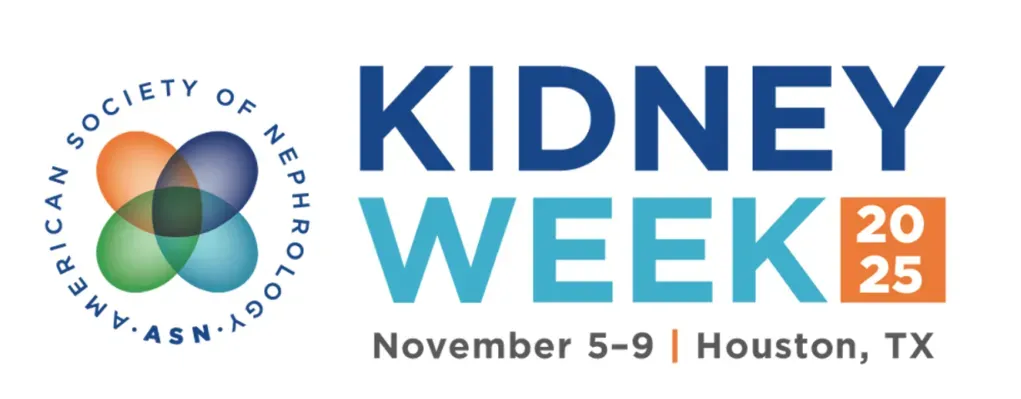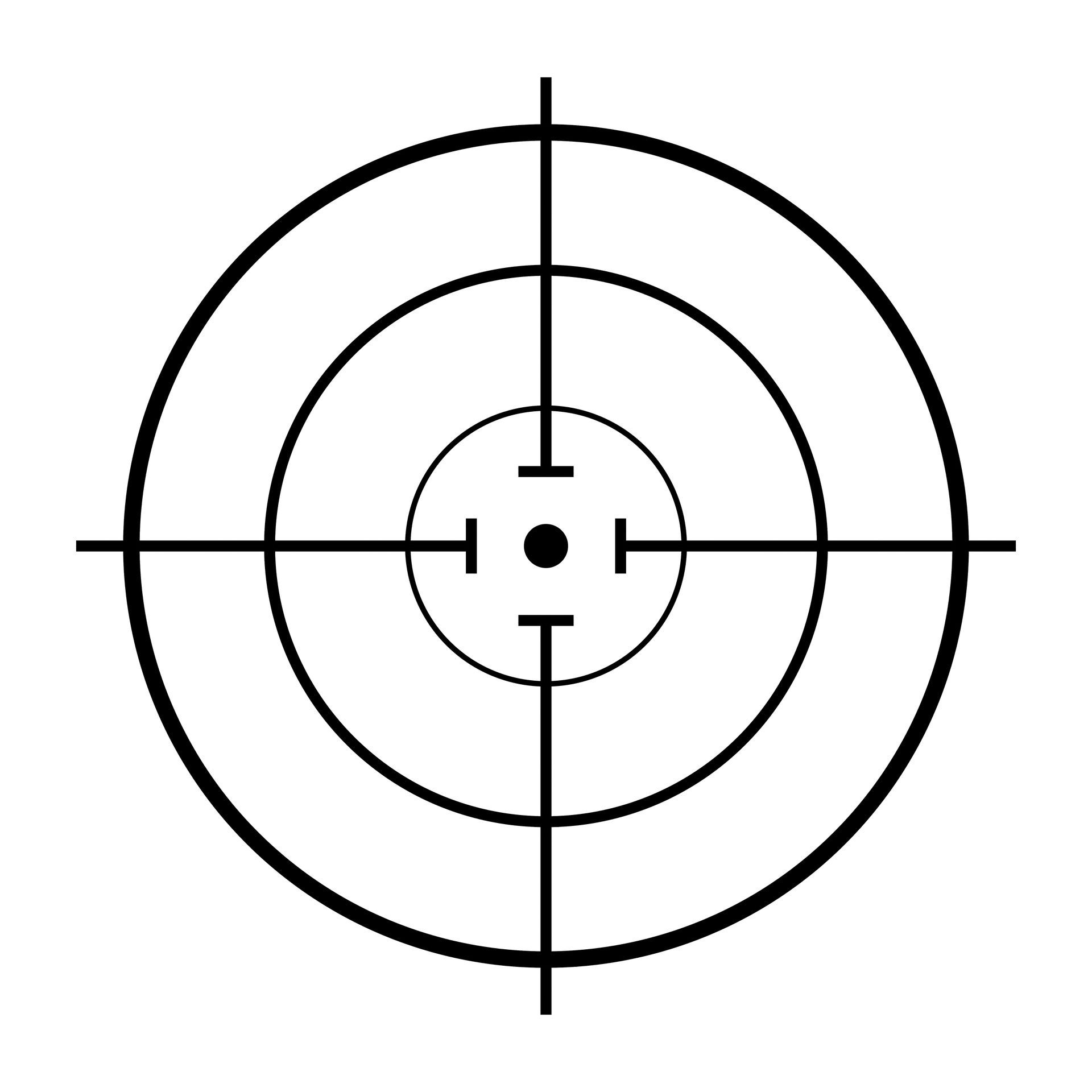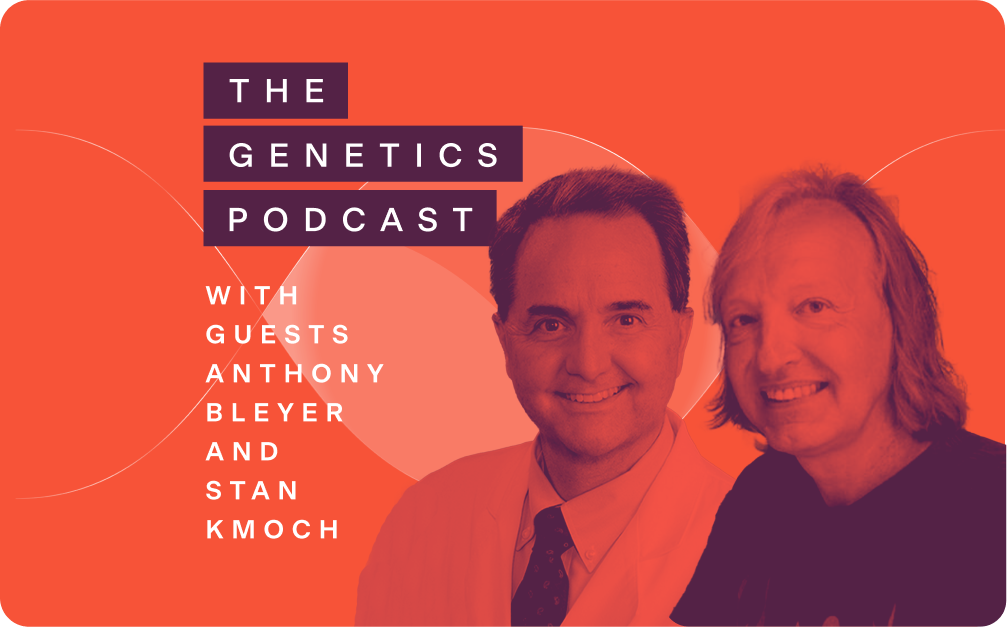HEREDITARAY
KIDNEY DISEASE
ADTKD
Support Group
ADTKD is the medical term for a group of genetic kidney diseases and stands for
Autosomal
Dominant
Tubulointerstitial
Kidney
Disease. Matryoshka symbolizes the inheritance from generation to generation.
This website provides information for affected families as well as doctors, supporters and sponsors. We welcome donations.
"Every nephrologist cares for an
ADTKD-Family."
Anthony Bleyer, Wake Forest University
ASN Kidney Week 2025: Extensive research on ADTKD
From 5 to 9 November, several research projects on ADTKD will be presented in Houston, USA. Onefocus is thesubtype ADTKD-UMOD. Of particular interest are contributions on new therapeutic approachesand theinfluence of diet on the progression of the disease. To the overview
How useful are SGLT2 inhibitors in ADTKD?
Guidelines recommend SGLT2 inhibitors as a new standard treatment for patients with chronic kidney disease (CKD). Theycan slow down the progressionof the disease and delay the onset of kidney failure. The benefits are particularly significant in CKD associated with high protein loss in the urine (proteinuria). However, this is not the case with ADTKD. According to a recent observational study, SGLT2 inhibitors are
probably not effective in ADTKD.
Study results
Here you will find a report on thescientific programmeof the 4th InternationalADTKD Summit, which took place online on 4 April 2025.Top scientistsfrom all over the world gave an overview of thecurrent state of researchon thisrare kidney disease. The event was organised by theRare Kidney Disease Foundation(RKDF), the US patient organisation for ADTKD. Main topics werediagnostics and the search forbiomarkers as a prerequisite for a clinical trial.
Here you will find a report on the
ADTKD-UMOD
Patient Day, which took place at the Freeman Hospital
Newcastle
in June 2024. Experts provided
information
on various aspects of the disease, such as
symptoms,
genetic diagnostics and
therapeutic
options. An active
substance
has been identified in the USA that may be able to
slow down the progression of the disease.
To the detailed report
ADTKD
is the medical term for a group of genetic kidney diseases
and stands for Autosomal Dominant Tubulointerstitial Kidney Disease. Each of these diseases is caused by a specific gene mutation that causes kidney function to weaken.
Research into an ADTKD therapy is being conducted in many countries. The work is most advanced in the USA. A compound has been identified that can at least delay the disease in ADTKD-MUC1 in laboratory trials. A clinical trial with is planned for 2024.
Die Diagnose The only reliable
ADTKD diagnosis is a
genetic test. This requires a blood sample. Here you can find out when and why such a test can be useful and how exactly it is carried out.
The first webinar for patients withautosomal dominant tubulointerstitial kidney disease (ADTKD) in Germany took place at the end of 2024. Prof. Dr. Michael Wiesener, ADTKD expert from Erlangen University Hospital, gave a comprehensive overview of the causes and symptoms, genetic diagnostics and the state of research into possible therapies. A European ADTKD registeris currently being set up, for which as many patients as possible are needed.
To the detailed report
Highlights
HIF-stabilizing agents in ADTKD-MUC1
Anemia drug accelerates disease progression
Anaemia should rather not be treated with
HIF stabilizing
agents
in patients with the disease ADTKD-MUC1
who
do not require dialysis. This is suggested by the results of a
preclinical study
published by researchers at the University of Erlangen.
More...

Genetic testing for the
MUC1
subtype is a
bottleneck
in the diagnosis of ADTKD patients. The problem is that the variant cannot be detected using next generation sequencing (NGS). An overview of
laboratories in Europe that can carry out
MUC1
testing can be found
here.

Here you find video recordings of different
ADTKD webinars held by ERKNet and our US partners, as well as many other links to organisations working on rare kidney diseases.

We as family are affected by ADTKD ourselves. Our goal to provide information for other ADTKD families as well as for nephrologists treating ADTKD patients. We also aim to find other ADTKD patients in Europe.
ERKNet/ERA Webinar: ADTKD
Jan Halbritter, Charité – Universitätsmedizin Berlin & Christian Scheidler, ADKTD Vision Cure e.V.
Topics include indications for genetic testing, subtypes and variants, biological and clinical characteristics, modern diagnostic procedures, especially for ADTKD-MUC1, and potential treatments.
To the recording:
ERA Conference 2024
ADTKD diagnostics in Europe: Where do we stand and what is needed?
Under the title "ADTKD genetic diagnostics in Europe: Where do we stand and what is needed?", our patient organization was represented with its own contribution at this year's conference of the
European Renal Association (ERA)
in Stockholm/Sweden. The most important
result: there is a
lack of comprehensive ADTKD-MUC1
diagnostics
in Europe. The probability that there are still many
undetected ADTKD patients
is therefore high.
Here you can find a report on the congress and details of our survey of European ADTKD experts. The feedback on the hurdles is particularly interesting.
ADTKD-Net: Kick off forEuropean ADTKD registry
In March 2024, scientists, basic researchers and nephrologists as well as a patient representative from 10 European countries met in Berlin at Charité University Hospital to kick off the ADTKD-Net research project. Existing national cohorts will be brought together as part of the established platform of the European Reference Network for Rare Kidney Diseases (ERKNet).
TED Talks 2023
ADTKD-MUC1 as a Model Disease
Anna Greka
researches rare diseases at the Broad Institute. Through hypothesis-driven research, or "molecular detective work" as she calls it, she and her team have been able to identify the cause of the mysterious
kidney disease ADTKD
- and even develop a
promising treatment. In the
TED Talk, she talks about the potential impact of her discovery on other diseases such as ALS and Alzheimer's disease.
More...
Events
VISION CURE
A Story of Hope
Two families with a mysterious kidney disease and a researcher whose curiosity is piqued. A
feature in the American STAT magazine describes how the cause of
ADTKD-MUC1 disease was found and how this discovery led to a
potentially effective therapy. The main protagonists are scientist
Anna Greka from the Broad Institute, nephrologist
Anthony Bleyer from Wake Forest University and the
Nelson family.














